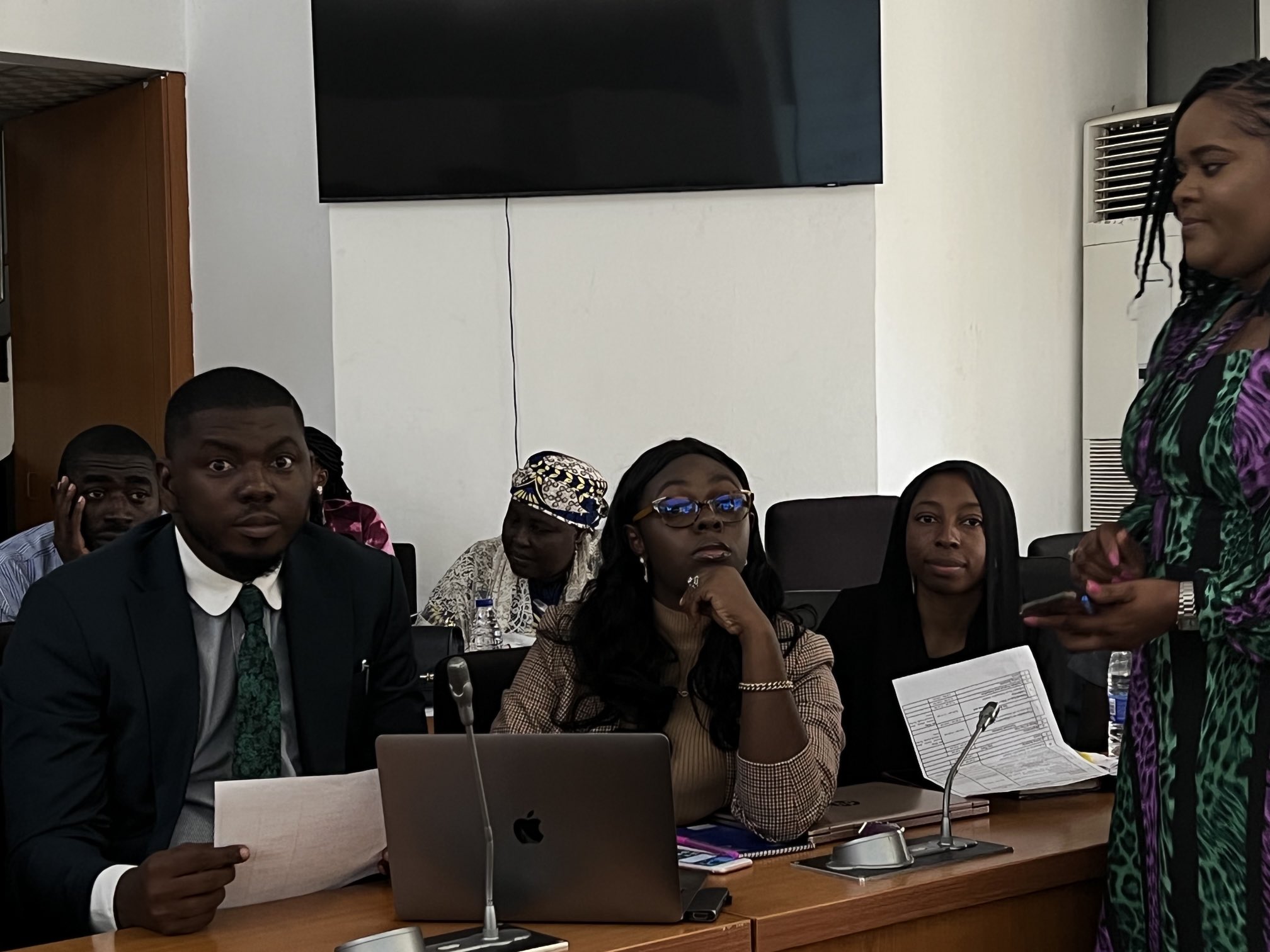The Executive Secretary, National Health Insurance Scheme (NHIS), Professor Usman Yusuf has said that National Health Insurance Scheme is a system designed to provide accessible, affordable and qualitative healthcare for every Nigerian.
The Executive Secretary who was represented by the Deputy General Manager (Formal Sector Department) NHIS, Mrs Olajumoke Balogun said this on Thursday, 26th April, during the Lunch Time seminar organized by BPSR with the theme “Role of Health Maintenance Organizations (HMOs) In the Successful Implementation of the National Health Insurance Scheme (NHIS)”.
Usman said that NHIS is a strong dynamic and responsive scheme which is totally committed to securing universal coverage and access to adequate and affordable healthcare in order to improve the health status of Nigerians, especially for those participating in various programmes and products of the Scheme.
Speaking further, he revealed that the Scheme is aimed at ensuring that every Nigerian has access to good healthcare services, to protect families from the financial hardship of huge medical bills, limit the rise in the cost of healthcare services, to ensure equitable distribution of healthcare costs among different income groups, maintain high standard of healthcare delivery services, improve and harness private sector participation in the provision of healthcare services.
Similarly, the head of NHIS unveiled that the scheme has programmes that cover the formal sector, which includes Federal, States and LGAs, the Military and Para-military, Organized Private sectors, Schools and Colleges. “The Scheme also covers the informal sector where we have CBHI, USESHIP (VCSHIP) NMHIP. And the vulnerable group which also involves children under 5, pregnant women, prison inmates, physically challenged persons and public primary pupils’ insurance programme (under 12)”.
The Stakeholders of the Scheme, according to Usman are the Health Maintenance Organizations (HMOs), Participants and the Health care providers. “The HMOs, however, are the Public/Private limited companies registered by NHIS solely to manage the provision of healthcare, to collect contributions from registered members, maintain quality and standard in healthcare Services and pay capitation and Fee-For-Service to HCPs among other roles which also include collecting of appropriate contributions and making necessary payments to the appropriate pools in a timely manner among others” he said.
In his remarks the Ag. DG of BPSR Mr D.I Arabi reiterated that the aim of the Lunchtime Seminar is to provide information to Public Servants about governance, reforms and to be able to hold the drivers of reforms accountable for the reforms they are driving, by providing an opportunity for Public Servants and the Public to understand the way reforms are being handled by the drivers of government Policies and Programmes.
He further said that the Seminar is part of BPSR’s function of disseminating information on all aspects of Public Service Reforms, and also complementing the efforts of the OHCSF to enlighten Public Servants on the Policies and Programmes of government, to raise the Capacity of Public Servants on all the essential elements of the reforms.
Arabi also praised the Federal government’s efforts in strengthening the National Health Sector to meet the challenges of Nigerian Public in the health service delivery system, and said that the Bureau has conducted a study on waiting time to see a Doctor in Public Hospitals with the aim of improving the process of accesses to Health Care in Nigeria.
The Ag. DG expressed appreciation to EU-SUFEGOR Programme for their strategic partnership and support in organizing the Lunchtime Seminar.
Aliyu Umar A, FNIPR, FIIM
Head, Strategic Communication (BPSR)


